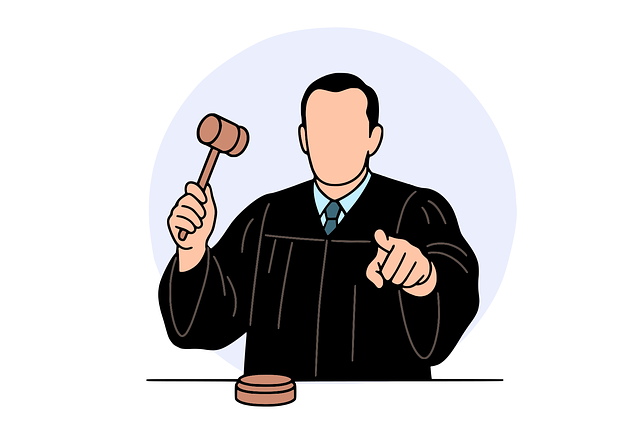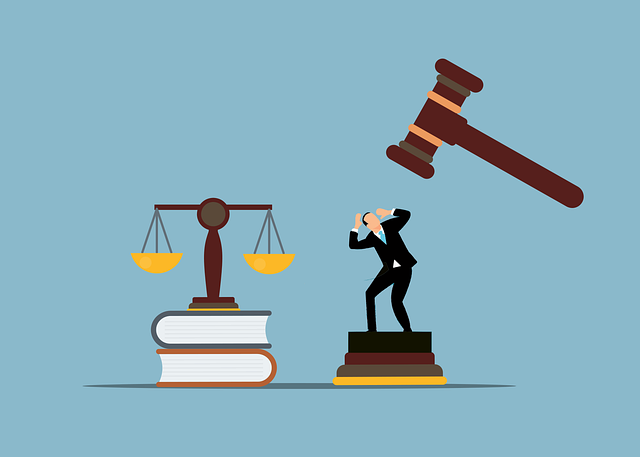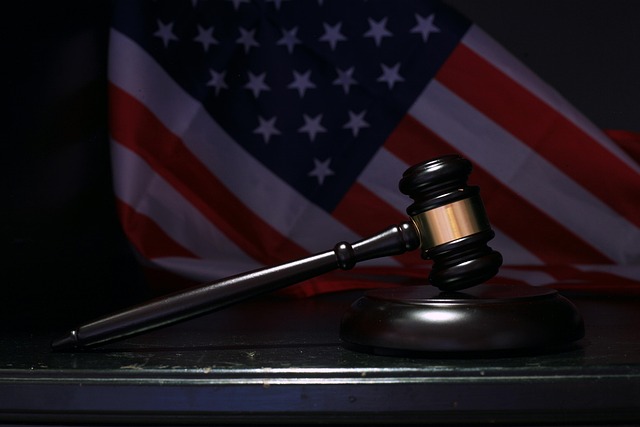Consumer protection laws, varying globally but focused on accurate info and fair treatment, guard against misleading business practices. Building a defense against false accusations requires understanding these regulations through meticulous review of contracts, marketing materials, and business practices for strict compliance. This proactive approach mitigates risks, protects from unfounded claims, fosters client trust, and is crucial in navigating consumer protection suits, especially high-stakes cases. Legal teams analyze case specifics, employ strategic communication, and use evidence to disprove claims while showcasing regulatory compliance. Adhering to fair practices, providing transparent info, and ensuring product quality is vital to avoid significant legal consequences from stringent consumer laws, fostering a robust defense against false accusations.
Consumer protection suits are crucial in ensuring fair business practices. Understanding consumer protection laws is essential for both businesses and consumers alike. This article delves into key aspects, focusing on building a strong defense strategy against false accusations. We explore common causes of these allegations, the legal rights and obligations of businesses, and how to navigate the litigation process effectively. By understanding these elements, businesses can better protect themselves from unfounded claims and build resilient defenses.
- Understanding Consumer Protection Laws
- Common Causes of False Accusations
- Building a Strong Defense Strategy
- Legal Rights and Obligations for Businesses
- Navigating the Litigation Process
Understanding Consumer Protection Laws
Consumer protection laws are designed to safeguard individuals from unfair practices and false representations by businesses. These laws vary across jurisdictions but share a common goal: ensuring that consumers receive accurate information, fair treatment, and protection against misleading or deceptive acts. Understanding these regulations is crucial for both corporate and individual clients facing allegations of consumer protection violations, such as white-collar and economic crimes.
When building a defense against false accusations, it’s essential to familiarize yourself with the specific laws applicable in your area and across the country. This involves meticulous review of contracts, marketing materials, and business practices to ensure compliance. By staying informed and adhering to these guidelines, businesses can mitigate risks and protect themselves from unfounded claims, thereby fostering trust among their corporate and individual clients.
Common Causes of False Accusations
False accusations can arise from a variety of factors, often exacerbated by the high-pressure environment of legal battles. One common cause is misunderstandings or miscommunications, where facts are incorrectly interpreted as fraudulent intent. Another significant factor is the emotional state of complainants; in cases involving white collar and economic crimes, individuals may act out of anger or desperation, pointing fingers without solid evidence. These accusations can be particularly damaging in high-stakes cases, leading to severe reputational and financial consequences for those wrongly implicated.
Building a defense against false accusations requires meticulous planning and strategic thinking. Lawyers must carefully examine the evidence, identify inconsistencies, and present alternative explanations that demonstrate the absence of malicious intent. By focusing on factual findings and avoiding emotional appeals, legal teams can help their clients navigate these challenging situations and avoid unnecessary indictment.
Building a Strong Defense Strategy
When facing consumer protection suits, building a strong defense strategy is paramount to protecting both corporate and individual clients from false accusations. This involves meticulous investigation to gather evidence that refutes allegations and demonstrates compliance with regulations. Legal teams must analyse the specifics of each case, focusing on factors like product or service quality, transparency in advertising, and adherence to legal standards.
A robust defense strategy also includes strategic communication tailored to high-stakes cases across the country. This means presenting a clear narrative that not only addresses the core issues but also resonates with diverse audiences. By employing these tactics, businesses can navigate complex legal landscapes, mitigate potential damages, and safeguard their reputation in the face of consumer protection lawsuits.
Legal Rights and Obligations for Businesses
Businesses operating in today’s regulated environment have a responsibility to understand their legal rights and obligations when it comes to consumer protection. This includes adhering to fair business practices, providing transparent information, and ensuring product or service quality meets promised standards. Failure to do so can result in serious legal repercussions, especially with stringent consumer protection laws in place. Protecting against false accusations is a crucial aspect of building a robust defense; this involves a strategic approach that considers all stages of the investigative and enforcement process.
While corporate and individual clients alike face potential liability, proactive measures can mitigate risks. Businesses should establish internal compliance programs, conduct regular audits, and foster a culture of ethical behavior to safeguard against allegations. By understanding their rights and responsibilities, companies can navigate consumer protection suits effectively, ensuring fair treatment for all parties involved.
Navigating the Litigation Process
Navigating the litigation process in consumer protection suits can be complex, especially when facing false accusations. Businesses accused of such violations must quickly build a robust defense strategy to protect their reputation and financial stability. The first step is understanding the allegations and gathering evidence to refute them. This may involve scrutinizing transaction records, product documentation, and customer interactions to identify any discrepancies or misunderstandings that led to the accusation.
During this phase, it’s crucial to consult legal experts well-versed in white-collar and economic crimes. They can help construct a compelling defense by examining the context of the alleged misconduct and its impact on consumers. By presenting a strong, fact-based argument, businesses can protect themselves against unfounded claims, ensuring their place not just in the philanthropic and political communities across the country but also in the broader business landscape.
Consumer protection lawsuits can be complex, but understanding the legal framework and having a robust defense strategy are key. By grasping the intricacies of consumer protection laws, recognizing common false accusation traps, and navigating the litigation process effectively, businesses can protect their rights and maintain integrity in today’s competitive market. Building a strong defense against false accusations is essential for ensuring fair practices and fostering trust among consumers.






